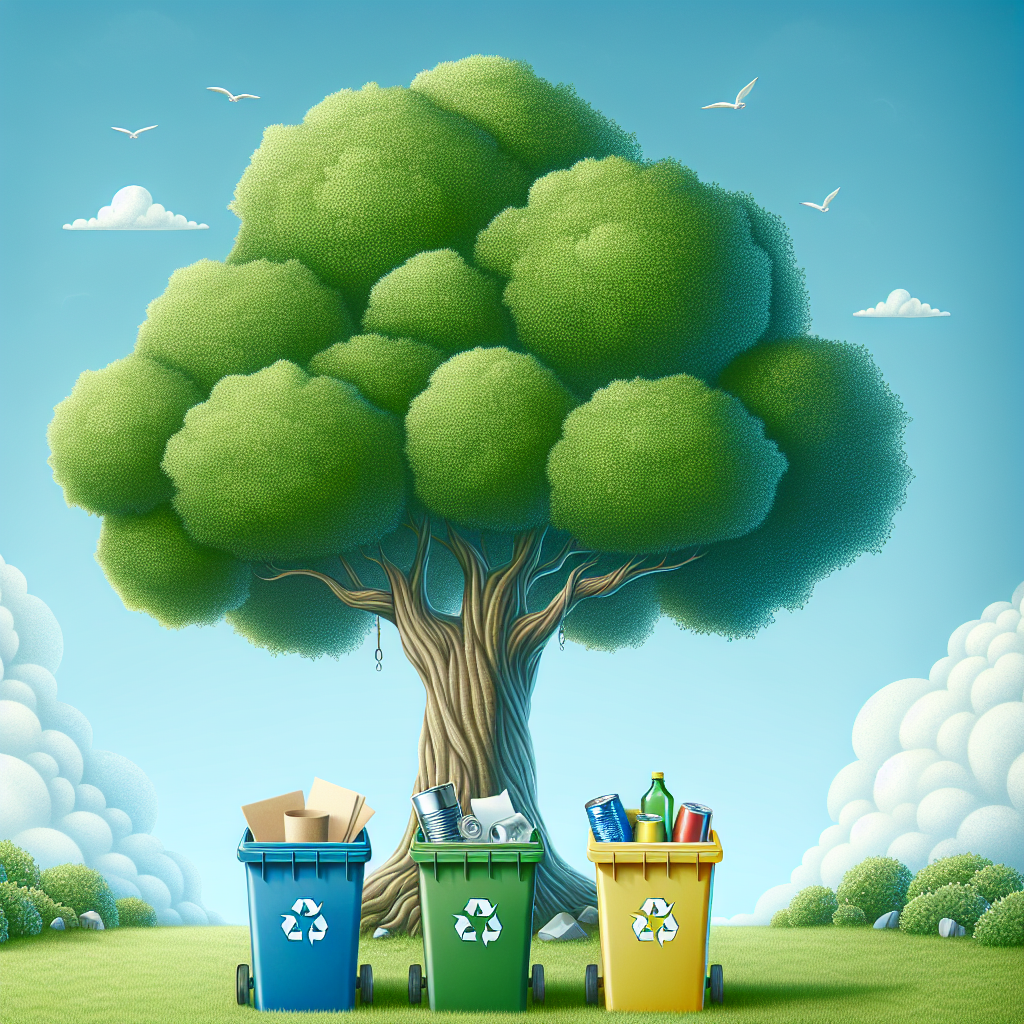Recycling Reforms: Paving the Way for India's Green Economy
India's recycling sector faces financial challenges due to tax leakages in its informal economy. A CSE report suggests GST reforms to reverse these losses, creating a net positive impact. Introducing mechanisms like Reverse Charge and reducing GST rates on scrap, can boost formalization, reduce fraud, and generate green jobs.

- Country:
- India
India's recycling industry is facing a significant fiscal hurdle, intensified by tax leakages within its informal sector. As outlined in a 2025 report by the Centre for Science and Environment (CSE), current collections of ₹30,900 crore are overshadowed by losses amounting to ₹65,300 crore due to informality-related tax issues.
To counteract these challenges, CSE proposes strategic GST reforms. These include implementing a Reverse Charge Mechanism (RCM) for scrap, which could shift the responsibility of GST payment directly to recyclers, and reducing the GST rate on scrap materials. These changes could transform the nation's recycling economy into a net positive contributor of ₹1.82 lakh crore.
Beyond better fiscal health, these reforms promise broader economic benefits. They could not only reduce reliance on informal channels but also create up to 1 million green jobs, particularly in plastic sorting, metal recovery, and paper recycling sectors, while bolstering efforts toward a sustainable and circular economy in India.










